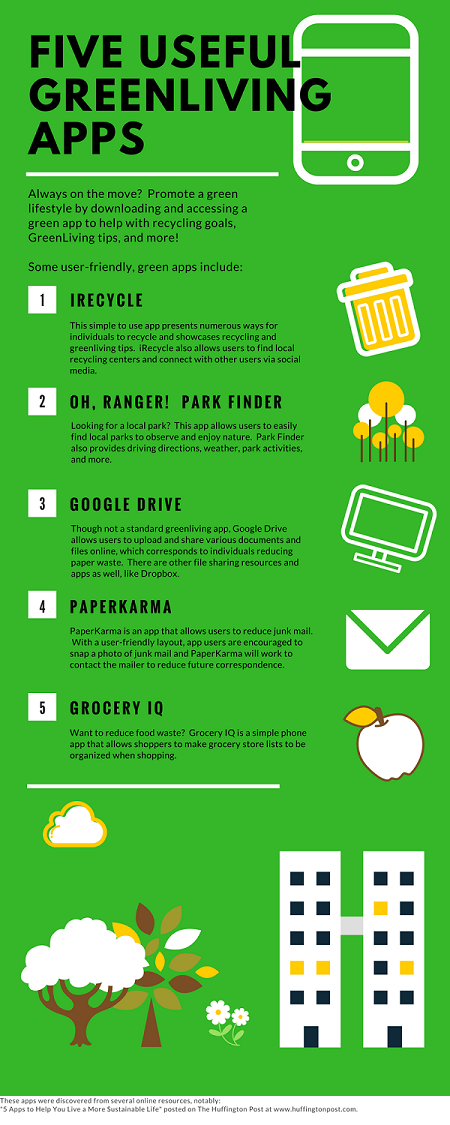Compost 101: Facts and Advice
Several Tips on How To Compost
Want to find a creative way to eliminate food waste? Composting is a green method to dispose of some, but not all, excess food and natural waste.
What are methods to successfully compost? Read a few tips below:
1) Create a compost bin: Composting only works if it becomes part of the daily routine. Much like a recycling bin or trash can, select a container that can be identified as the "compost bin". Ensure it is a portable container and has drainage/ ventilation holes or can be altered to create drainage and ventilation (such as a plastic container).
2) Decide on a location: Will the bin be placed inside or outside? A compost bin needs biodegraders to break down the products placed inside into compost. This could be earthworms, or bacteria, or fungus: depending on the climate and environment.
3) Line compost bin and begin to use: Compost bins need layers of fresh soil and layers of clean paper below and over top of all items in the bin for the compost process to work. Begin the bin with soil, the biodegraders, and a thin layer of fresh paper. Next, fill with natural waste (leaves, for example) and/or food waste. This food waste can include egg shells, fruits, and vegetables: any organic material. Avoid dairy products or bones because that waste can produce aroma that attract insects or animals. Make sure to always cover new layers with damp paper and let dry.
Read more about composting, specifically in an apartment in the article "How To Make a Compost Pile In a Small Apartment" on forbes.com.
Before starting on a compost bin, be sure to check with your community's team or local home owner's association to see if they have any green living initiatives already in place.
Grady Management was founded in 1965 and continues to provide a full service residential, commercial, and consulting real estate firm in the greater Washington and Baltimore metropolitan area. Learn more from our website or Facebook page.
Want to find a creative way to eliminate food waste? Composting is a green method to dispose of some, but not all, excess food and natural waste.
What are methods to successfully compost? Read a few tips below:
1) Create a compost bin: Composting only works if it becomes part of the daily routine. Much like a recycling bin or trash can, select a container that can be identified as the "compost bin". Ensure it is a portable container and has drainage/ ventilation holes or can be altered to create drainage and ventilation (such as a plastic container).
2) Decide on a location: Will the bin be placed inside or outside? A compost bin needs biodegraders to break down the products placed inside into compost. This could be earthworms, or bacteria, or fungus: depending on the climate and environment.
3) Line compost bin and begin to use: Compost bins need layers of fresh soil and layers of clean paper below and over top of all items in the bin for the compost process to work. Begin the bin with soil, the biodegraders, and a thin layer of fresh paper. Next, fill with natural waste (leaves, for example) and/or food waste. This food waste can include egg shells, fruits, and vegetables: any organic material. Avoid dairy products or bones because that waste can produce aroma that attract insects or animals. Make sure to always cover new layers with damp paper and let dry.
Read more about composting, specifically in an apartment in the article "How To Make a Compost Pile In a Small Apartment" on forbes.com.
Before starting on a compost bin, be sure to check with your community's team or local home owner's association to see if they have any green living initiatives already in place.
Grady Management was founded in 1965 and continues to provide a full service residential, commercial, and consulting real estate firm in the greater Washington and Baltimore metropolitan area. Learn more from our website or Facebook page.




Comments
Post a Comment